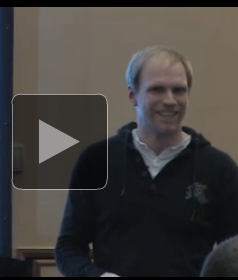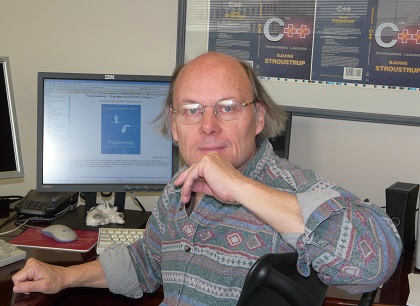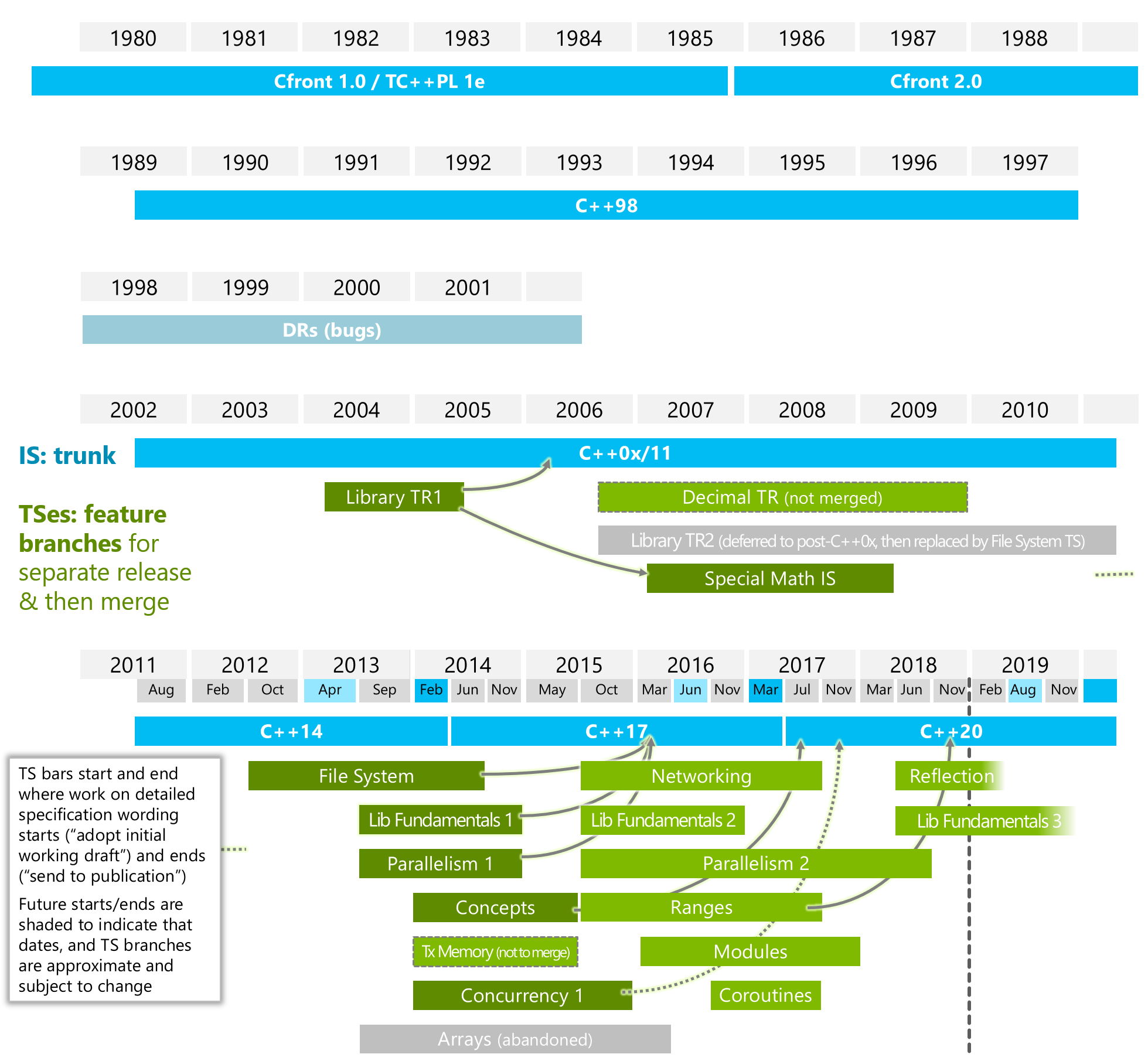New "using std::cpp" event in Spain (Spanish only)
 Ready for a full day of C++11/14/17 content in the Spanish language?
Ready for a full day of C++11/14/17 content in the Spanish language?
using std:cpp
November 26, 2013
University Carlos III of Madrid in Leganés
The site and the event are entirely in Spanish. For convenience, here is an automatic translation of the event page:
Welcome to using std::cpp 2013
using std::cpp 2013 aims to be a forum for exchanging experiences using the C++ language, paying special attention to the recent standard C++11 and the upcoming C++14 and C++17.
Who should attend using std::cpp 2013?
The event is aimed at professional developers using C++ as a language for application development or infrastructure software. It is also aimed at students of last years of career, interested in the use of C++ as a programming language to produce complex computer systems with high performance.
What can I find in using std:cpp 2013?
We have prepared an intensive programme with presentations by leading developers from leading companies in their sectors (Indizen, TCP-SI, BBVA, Telefónica, Digital, INDRA, Biicode, Microsoft, Programming Research Group).
You can refer to the detailed program to see topics you can expect.
When does using std::cpp take place?
using std::cpp 2013 will be held on November 26, 2013 at the School Politécnica Superior of the Universidad Carlos III de Madrid in Leganes and will last for a full day.
Do I need to register?
using std::cpp 2013 attendance is free, but you must register to facilitate the organization of the event. You can register here.

 Speaking of
Speaking of  Preparations are underway for the
Preparations are underway for the  Bjarne Stroustrup will be giving his "The Essence of C++" talk live in person next week at the UNT College of Engineering near Dallas, TX, USA.
Bjarne Stroustrup will be giving his "The Essence of C++" talk live in person next week at the UNT College of Engineering near Dallas, TX, USA.